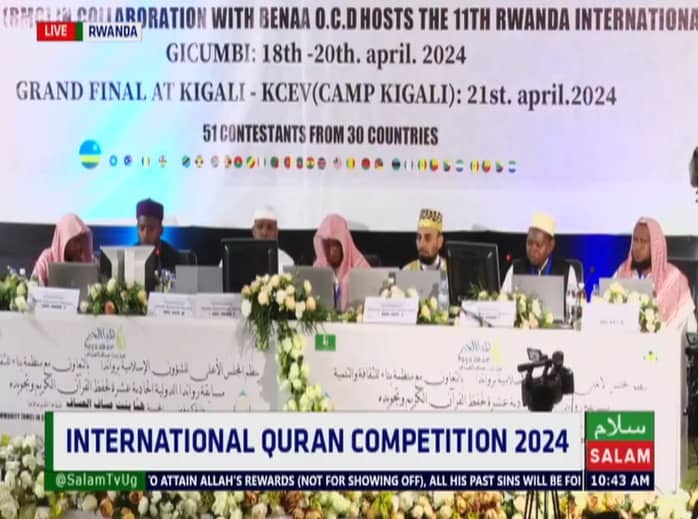East African integration is for survival not politics, says Museveni
President Museveni has said East African integration should not be seen with political lenses but as a means of survival for the people of the region through markets for their goods.
“There is no way in modern economies where you can achieve prosperity without markets. If the producers of goods and services can have more people who buy from them then that is better. Integration is not just politics but for survival,” Museveni has said.
Keep Reading
The president said this while addressing a high-level retreat for the East African Community (EAC) Council of ministers in Arusha Tanzania.
President Museveni cited the US which he said is prosperous because of a big market size while Latin America is also big but disintegrated and disorganized.
“If you want to see laboratories of success or failure you have two free samples; the US which is relatively new but is rich and powerful because of market size. Next to them is Latin America which is rich but poor and disorganized. See how people are suffering and flocking to the USA,” he said.
Museveni said the push for integration is not political but for survival.
If we integrate, unity is very crucial. All opportunities are there and we shall take advantage of them but with a strong market.”
The president cautioned that the issue of policy on trade among member countries can make people fail and must be addressed if integration is to be achieved.
“For example, Uganda easily produces food, some seasons it’s a lot. Because of the Non-tarriff barriers (NTBs), even with a lot of maize and sugar, it can’t be sold easily in East Africa. Because of that farmers leave and go on to other things. Now if there is crisis, we say no sugar..but the farmers moved on! We should be very strict on policy,” Museveni said.
He also gave an example of rice trade between Uganda and Tanzania.
“There is inefficiency. Rice growers in Uganda were asking me to put a tax on rice because Tanzania was growing rice cheaply. I told them to drop that nonsense. How do we force Uganda to buy expensive rice. Let the market be free. If you can’t produce rice in Uganda, you migrate to Tanzania,” he said.
On the issue of Covid-19, he said the crisis did a wonderful job in waking the region up.
“COVID-19 was good. It taught us that if you are foolish you will die. It also revealed what some people are like. I am a Christian and we asked other Christians to help with vaccines but they told us to first wait. But Christianity says love your neigbour as you love yourself. It’s good that we had this crisis. It was a problem but also an opportunity, we can now exploit the pathogenic economy. We did it with AIDS by making our own ARVs. Now we are doing research on vaccines for humans, therapeutics, diagnostics etc and have created money and jobs. We must begin making all those vaccines, medicines and even non-medical materials here in East Africa.”
President Uhuru Kenyatta of Kenya said the region must work towards a common market.
“Arusha is not a Geneva. Arusha is the heart of Africa. We do not want to compare ourselves to other people. If Arusha beats properly we will keep going well. Arusha no roho yetu. We must be able to communicate across East Africa, that’s why we have invested so much in infrastructure linking the countries,” Kenyatta said.
“There are some people who prefer for us not to be interlinked because they don’t want us to progress. They want to take our raw materials and bring them back as finished goods. They want us to remain markets for them.”
Tanzania’s President Samia Suluhu Hassan called for more modern agro production.
“Yes - we need to increase the amount of land under food production and can double it but we cannot focus on land alone. We should also focus on irrigation, for instance. And access to finance and mechanization,” Suluhu said.
She said decreasing post-harvest losses and improving local storage systems will help farmers produce more.
“We should also have proper agro-processing,” she said.
The Common Market is one of the 4 pillars of Regional Integration, which has been in force since 2010, in line with the EAC Treaty provisions.
The protocol aims at accelerating the EAC economic growth, EAC partner states must maintain a liberal stance towards free movement of goods and services, capital, persons, labour and right of establishment and residence.
EAC partner states have eliminated internal tariffs on locally produced goods with a growth in intra-EAC trade now at US$5.9billion in 202 up from US$3.7billion in 2010 according to EAC Secretary General Mathuki.
















